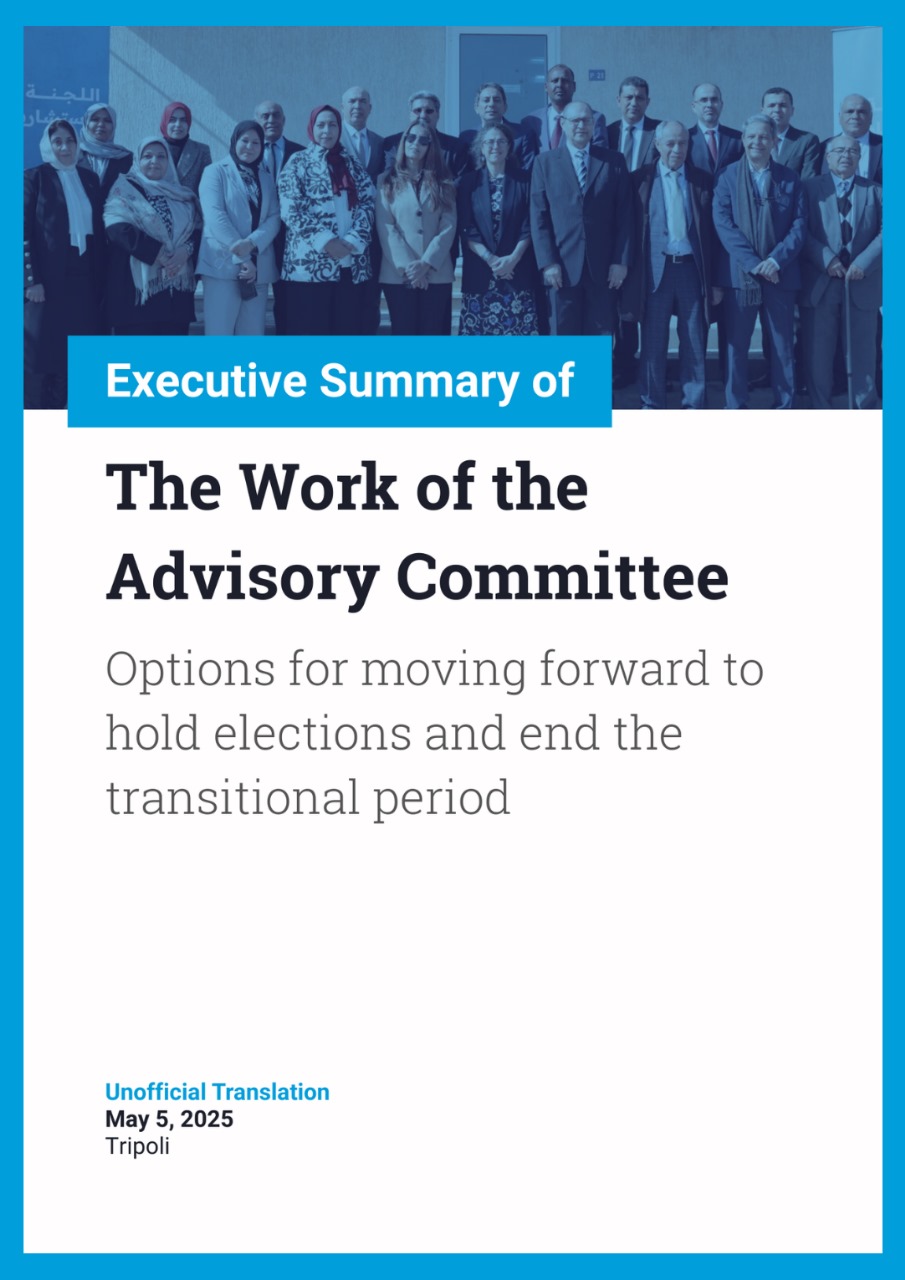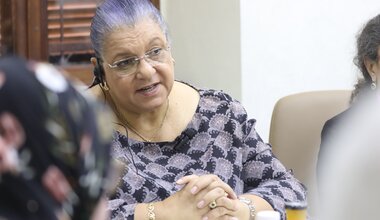Joint Statement by UNSMIL and UNMAS on Mine action Day:
“Together for a Libya free of Mines and Explosive Remnants”
04 April 2016 - Today marks the 11th anniversary of the International Day for Mine Awareness and Assistance in Mine Action. Libya commemorates this day for the fifth time since the revolution in 2011. The theme for this year is “Mine Action is a Humanitarian Action.”
In conflict-ridden countries like Libya, the high level of contamination from explosive remnants of war (ERW) in suburban residential areas is currently the biggest threat to life and humanitarian access. In 2015 the international NGO, Save the Children, reported that the Libyan Red Crescent in Benghazi recorded as many as 300 incidents involving ERWs over a three-month period. This situation has been further exacerbated by the recent return of internally displaced people (IDPs) to areas where conflict has subsided, especially in Benghazi.
These explosive objects are denying citizens access to homes and livelihoods and causing death and injuries as well as blocking the delivery of humanitarian relief and aid to reach affected populations who are in dire need of assistance.
“These invisible killers lie silently in the ground, and continue to murder and maim people. We are committed to help Libya rid itself of these deadly objects. All children in Libya should be able to play, laugh and learn and look for a better future without fear or danger,” said the Special Representative of the Secretary-General for Libya, Martin Kobler. “We pledge to work, through the UN Mine Action Service (UNMAS) and its courageous Libyan partners, towards a Libya free of mines and explosive remnants."
Lance Malin, Chief of UNMAS Libya said " It has been our privilege to work closely with the Libyan Mine Action Centre (LibMAC) and other implementing partners over the last few years to assist Libya to address the deadly impact of mines and explosive remnants of war. We continue to work remotely from Tunisia as we strive to assist the Libyan people in the priority tasks of surveying and clearance of these items, education about the risks associated with ERW and of small arms light weapons (SALW) and in the support of injured victims and their families. We look forward to returning to Libya soon to be able to work face to face with our partners and other stakeholders in moving Libya towards a safer future without explosive hazards."
 United Nations Peacekeeping
United Nations Peacekeeping UN
UN








